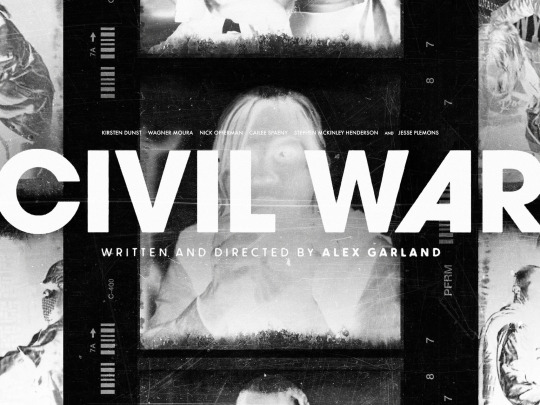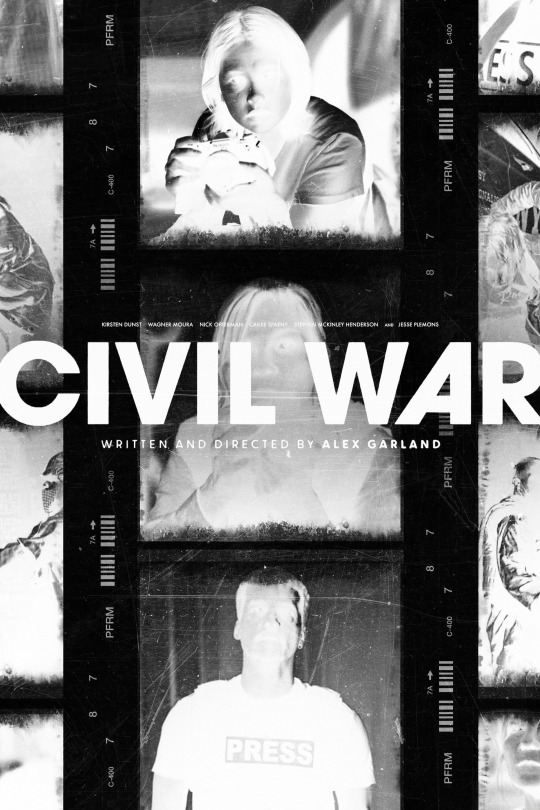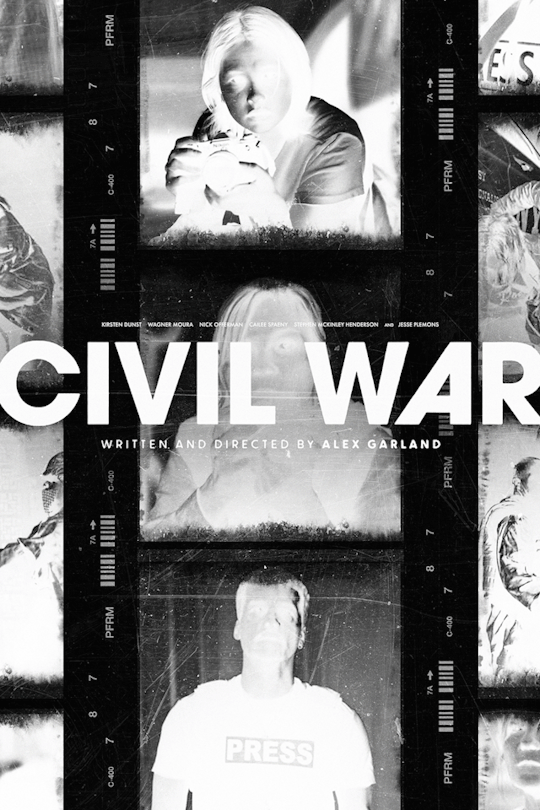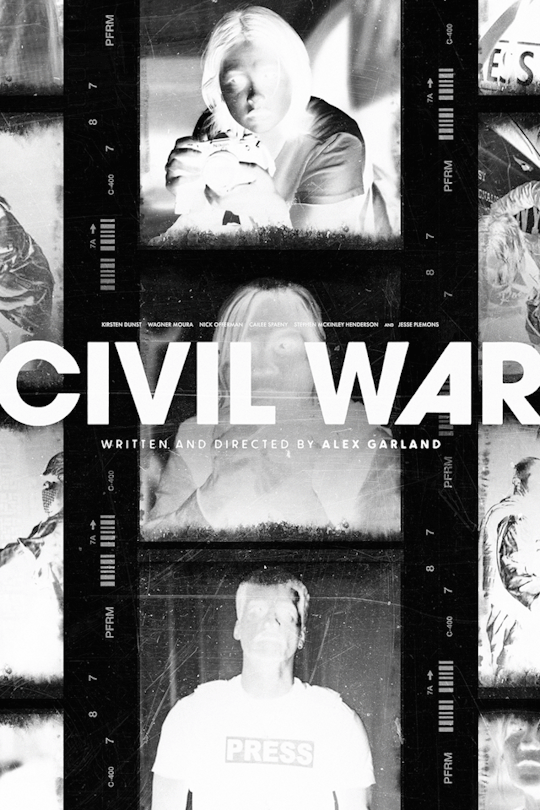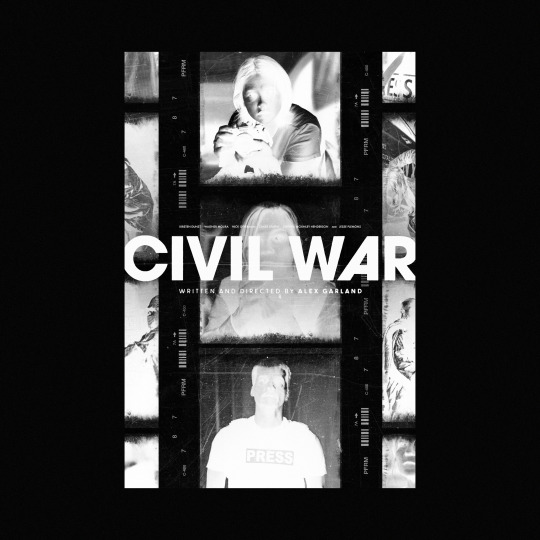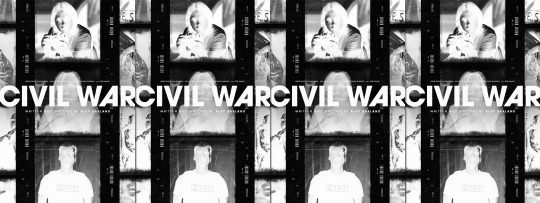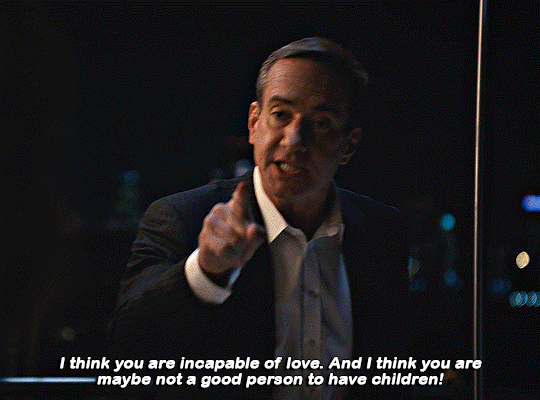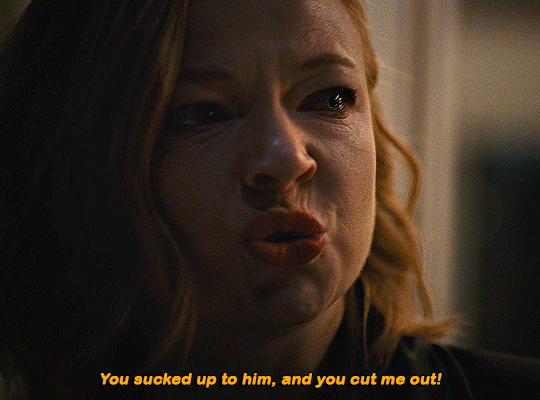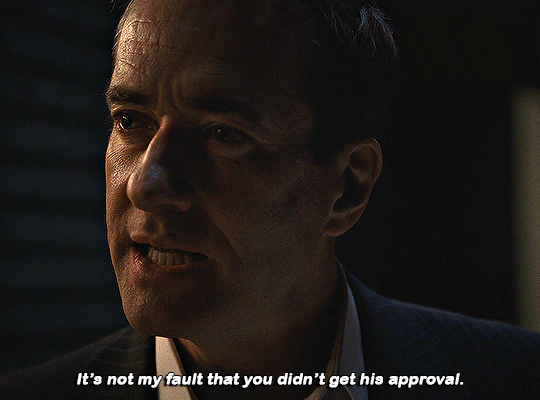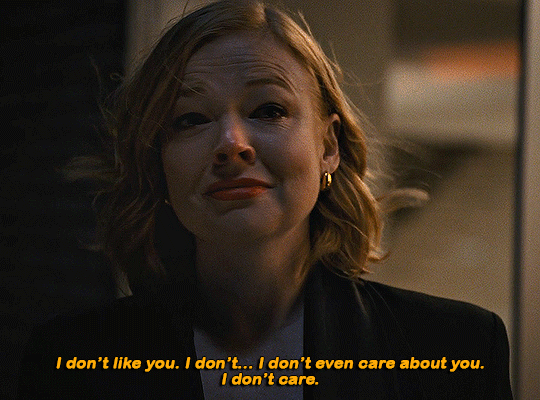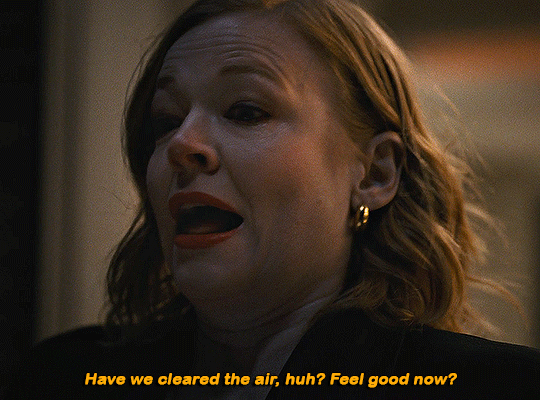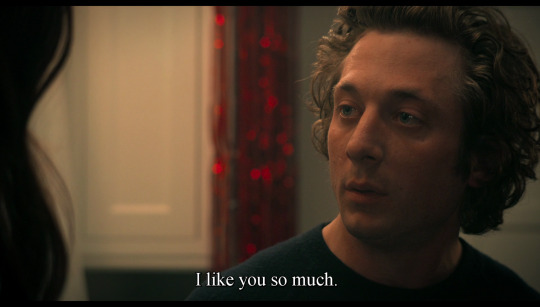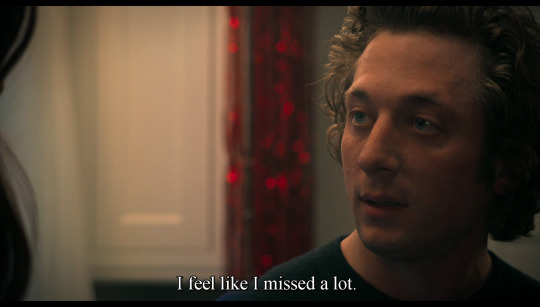Text






JOSH HARTNETT as FRANK in THE BEAR | S3EP4 "Violet"
2K notes
·
View notes
Text
Digital Reflection: Voices Unheard: Navigating the Intersection of Representation, Equity, and Identity in Canada
Canada means different things to different people. To some, Canada is just a collection of intrinsically equal and mostly independent provinces. To others, Canada is a country that celebrates multiculturalism and encourages everyone to live up to their full potential. But does this dominance of diversity today make all questions regarding Canada's history, and especially its Black history, irrelevant? Unbeknownst to many people, the story of Black Canadians started all the way back in the 1600s and spans multiple centuries, and includes slavery, abolition, and the civil rights movement (De Bruin, 2013). The history of Black people in Canada spans an incredibly extensive timeline, and their influence and presence in the region is not limited to just the establishment of Canada itself. Therefore, it doesn't make sense to limit the sharing and understanding of the full history of Black Canadians to only the 28 days of February. If the experience of being Black in Canada is a year-round thing (because Black people aren't Black for just one month), then how could it make sense to only discuss Black history in February? If the experiences of White Canadians are on full display year-around (for example, on the news, or in the academic or entertainment industries), then the stories and histories of Black Canadians should be shared all 365 days as well. It doesn't make sense for just one narrative to be shared, especially since Canada is praised for its diversity. Even though Black History Month is celebrated in Canada, there are still negative and stereotypical narratives about Black Canadians being spread. This is why it's essential to share the full history of Black Canadians without the stereotypical lens of the white gaze in order to help us address anti-Black racism in Canada and appreciate and understand the long, deep history of Black Canadians.
We all know that representation matters. It's an indescribable feeling to look at a screen and see someone portray how it feels to be you everyday. However, the true meaning of representation goes beyond the screen. For example, George Floyd's murder at the hands of the Minneapolis Police Department put the spotlight on systemic Black racism in the US, resulting in protests around the country and the world, demanding for change in an incredibly flawed legal system (and other institutions) that doesn't hide its discrimination (Silverstein, 2021). However, only two years later, a study showed that approximately 52% of Black Canadians don't believe that anything is different when it comes to institutions and workplaces, where many Black people feel ignored, under-utilized, and underrepresented (Beezer, 2022). The Canadian workplace isn't the only place where Black Canadians are not properly represented. In fact, the lack of race-based data is a significant issue in healthcare. Despite the COVID-19 Pandemic in Canada highlighting how certain groups, most notably Black Canadians, were being disproportionately affected based on higher infection and death rates, we still don't know the full extent of these effects since the Canadian government doesn't collect race-based data (Kemei et al., 2023). Whether this stems from not wanting to "discriminate" by collected data based on race, or wanting to focus on equality in the healthcare system, the reason doesn't really matter here. We shouldn't be only focusing on equality but also equity. There are evidence-based differences in how certain diseases, like cardiovascular disease, present differently in White versus Black Canadians, with genes and the environment playing a big role in why these differences occur (Ramraj et al., 2016). If physicians don't know what signs to look for, they can't make accurate and timely diagnoses, explaining why Black Canadians are more likely to die of certain diseases compared to White Canadians. If the lack of representation of Black Canadians is so serious that it's resulting in unjust deaths, then why shouldn't we put pressure on government officials to allow for race-based data collection so we can address these inequities? Race-based data on social outcomes, including education, unemployment, and health wouldn't just be helpful for healthcare inequities, but it would also explain why Black Canadians are over-represented in prison systems, for example.
Now, trying my best not to sound self-conceited, I would like to talk a bit about myself. I have a multifaceted identity. I'm a student, always navigating the opportunities and challenges that come with that. I wear the hats of a sister, a daughter, and a friend, which keeps me grounded and true to myself. Beyond these roles, I value creativity a great deal in my life. I'm an artist for fun, focusing on abstract art (and if I'm up for the challenge, realism). I like to lose myself in cinema, music, and in books. I'm a first-generation Canadian; my parents began their journey from Pakistan to Canada in 2001, after getting married. Navigating two polar-opposite cultures as a chid was both difficult and confusing. Often times, I felt I wasn't Western enough to fit in with friends, or Asian enough to fit in with family. As I progressed through my teen years, and now that I'm in my very early 20s, I've learned to stop forcing my two worlds, Pakistani and Canadian, to compete with each other. Today, as I try my best to embody all aspects of myself, I place a lot of importance on how my community is represented here in Canada. I recall that my high school would play music just before the last bell rang and the National anthem played and it would always be music in the English language, regardless of what genre it was. I remember thinking, "Do they know that music also exists in other languages?", until one day, they played the song "Tum Hi Ho", a song I remember listening to in the car on drives with my parents. In one way, it's sad that my first time seeing myself represented in Canada in a way that truly resonated with me personally was when I was a teenager, but in another way, I'm grateful to have that representation at all. Since then, I've started to see my community represented more and more in Canada. For example, my high school started a "multicultural day" during my final year. Seeing South Asian culture be represented in such a beautiful way, through the food, music, dancing, and clothes was an enchanting experience. Learning about clubs devoted to the South Asian experience here at the University of Toronto is also empowering. Therefore, knowing how important accurate representation is for me, I can imagine how important it is for other communities in Canada.
Written By: Manahil Maryam for HLTD22
References:
Beezer, L. (2022, March 1). Black Representation Still Lacking In Many Workplaces, Including Canadian Media. CTV News. https://atlantic.ctvnews.ca/you-re-isolated-black-representation-still-lacking-in-many-workplaces-including-canadian-media-1.5801225.
De Bruin, T. (2013, February 19). Black Canadians. The Canadian Encyclopedia. https://www.thecanadianencyclopedia.ca/en/article/black-canadians.
Kemei, J., et al. (2023). Impact of the COVID-19 Pandemic on Black Communities in Canada. International Journal of Environmental Research and Public Health, 20(2), 1580. doi: 10.3390/ijerph20021580.
Ramraj, C., et al. (2016). Equally inequitable? A cross-national comparative study of racial health inequalities in the United States and Canada. Social Science & Medicine, 161, 19-26. doi: https://doi.org/10.1016/j.socscimed.2016.05.028.
Silverstein, J. (2021, June 4). The Global Impact of George Floyd: How Black Lives Matter protests shaped movements around the world. CBS News. https://www.cbsnews.com/news/george-floyd-black-lives-matter-impact/.
0 notes
Text
My favorite Skam characters and their quotes that stuck with me for years 🤍
Noora)

Eva)

Sana)
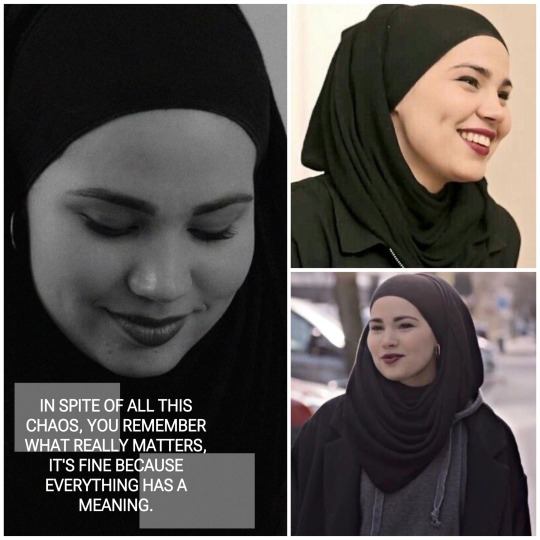
Isak)
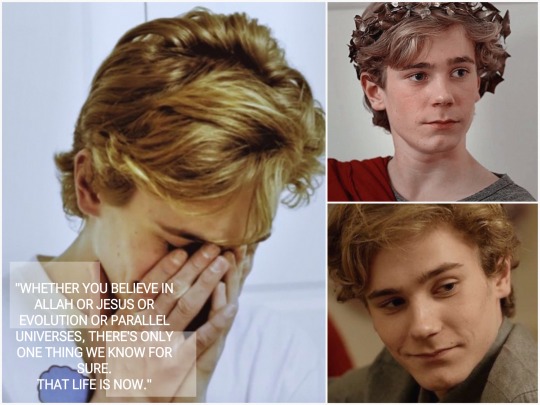
Currently rewatching it for the 50th time <3
292 notes
·
View notes
Text
impaling myself as we speak
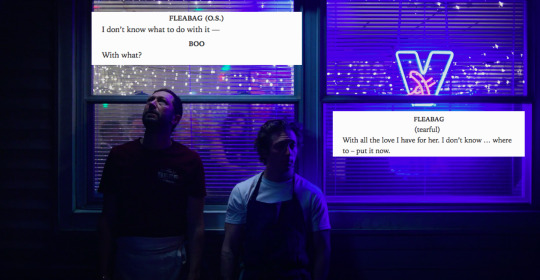
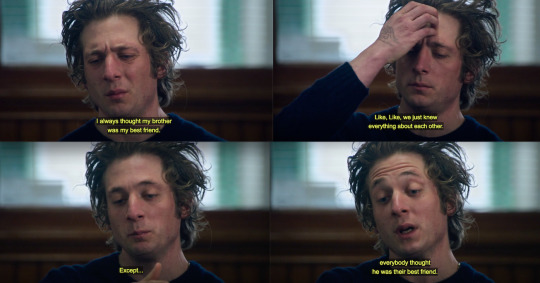

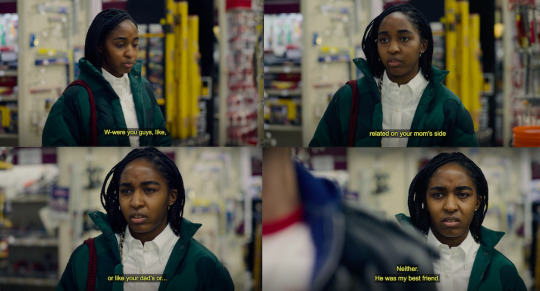

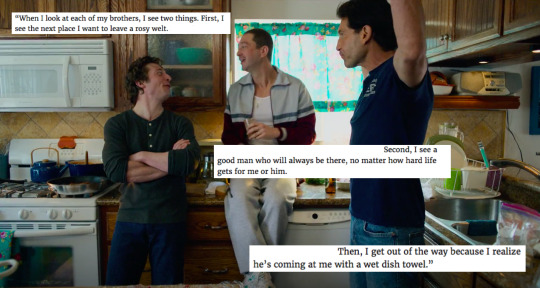
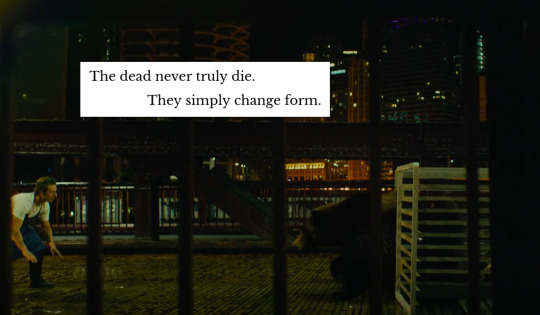

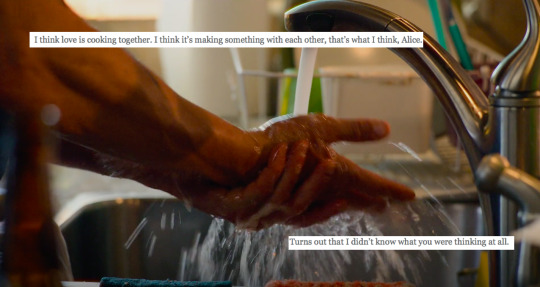


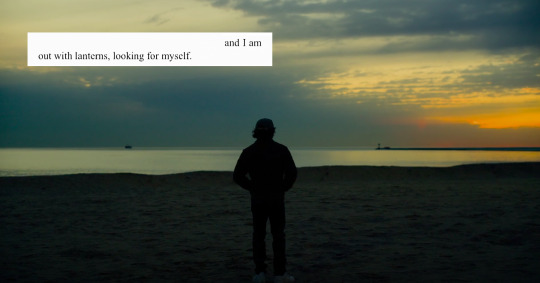
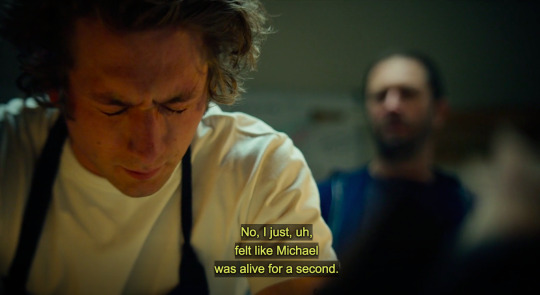

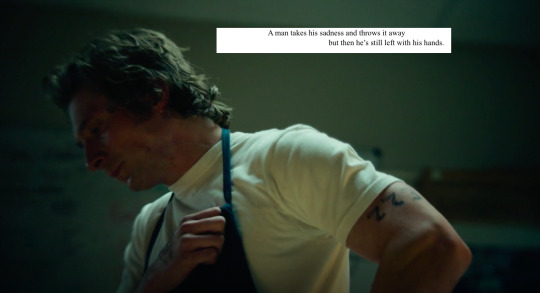



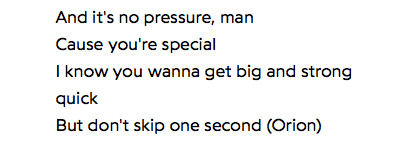
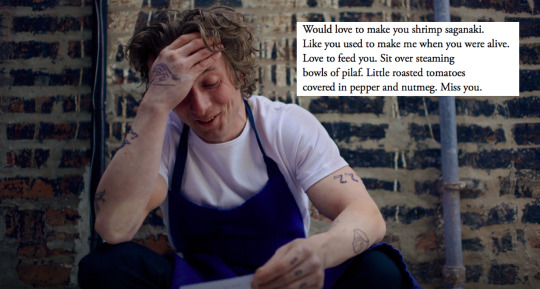
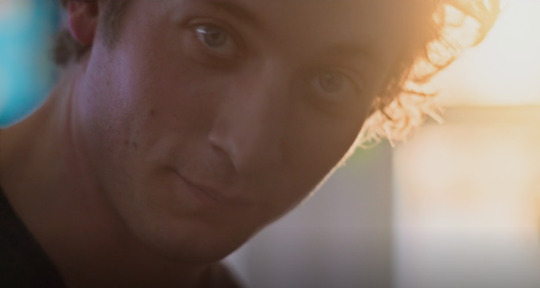

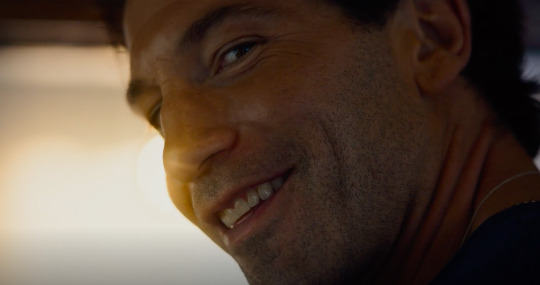
DID YOU KNOW I RECENTLY HAD A BROTHER DIE, TOO?
the bear / phoebe waller-bridge / lilly dancyger / david byrne / dan pearce / suzy kassem / toni morrison / joseph fink / rabbi joseph telushkin / emily dickinson / richard siken / lone twin network / aanchal malhotra / frank ocean / gabrielle calvocoressi / maurice sendak
13K notes
·
View notes
Text

I had a visceral reaction to this
3 notes
·
View notes
Text
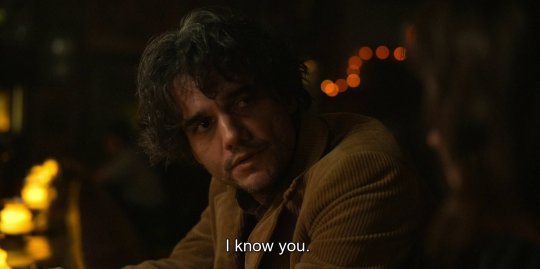
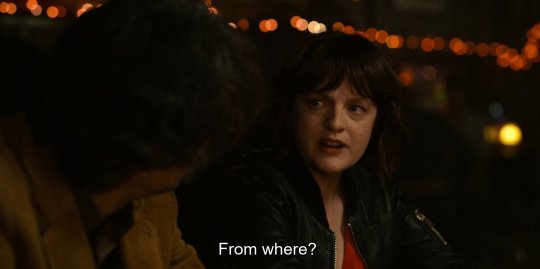
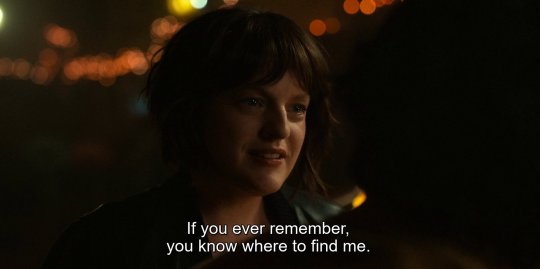
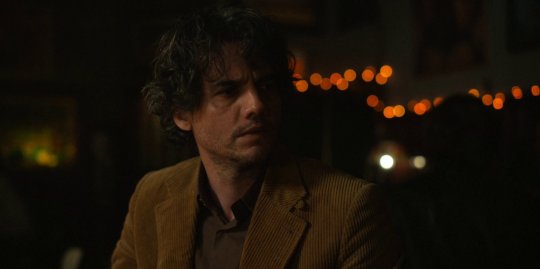
They really pulled one of my favourite tropes with Dan and Kirby, huh.
55 notes
·
View notes
Photo
i literally cannot stop crying. it has been a YEAR

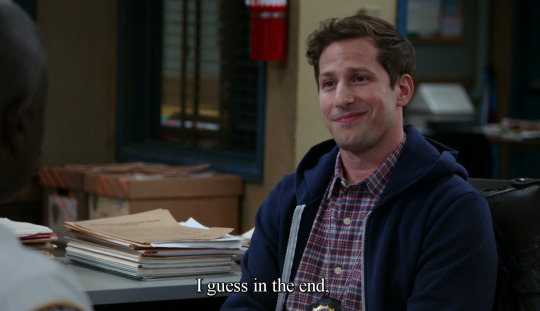
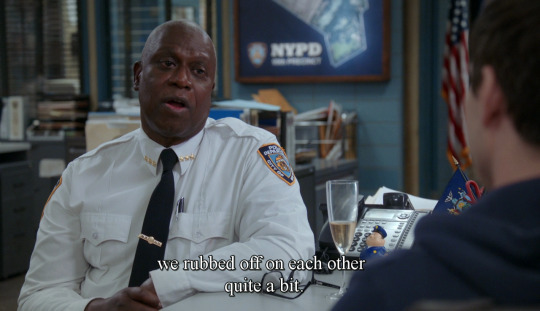
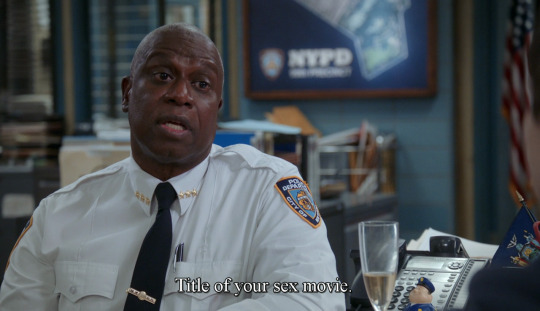
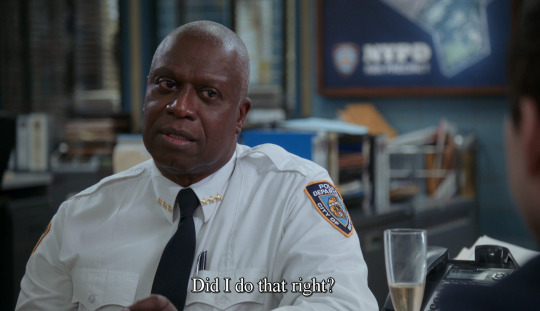
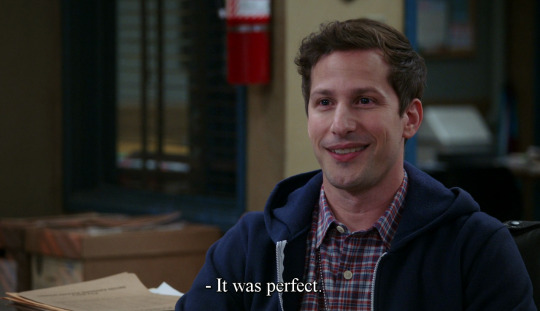

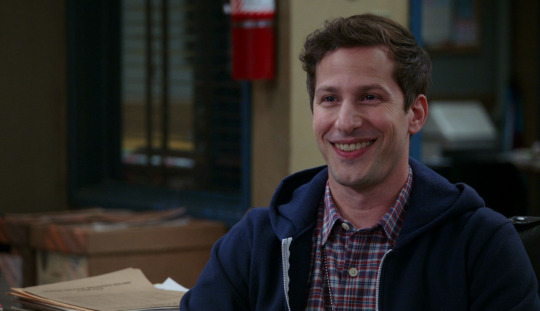
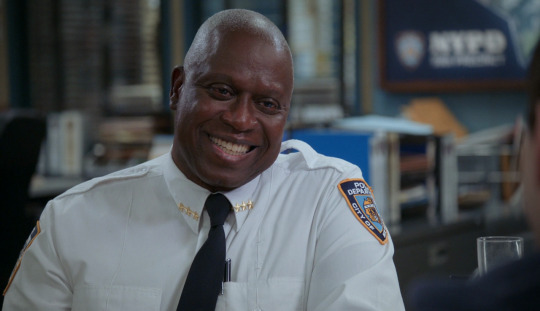
Brooklyn Nine-Nine S08E10 ‘The Last Day Pt 2′
2K notes
·
View notes
Quote
Life is an ocean, and most everyone’s hanging on to some kind of dream to keep afloat.
Tim Tharp (The Spectacular Now)
23 notes
·
View notes
Text
I THOUGHT I WAS THE ONLY ONE GOING THROUGH A MILES TELLER PHASE RN
*when my family makes fun of me for watching my 6th Miles Teller movie in the past 10 days meanwhile I’m having the time of my life as I spiral into a obsession*

670 notes
·
View notes
Text
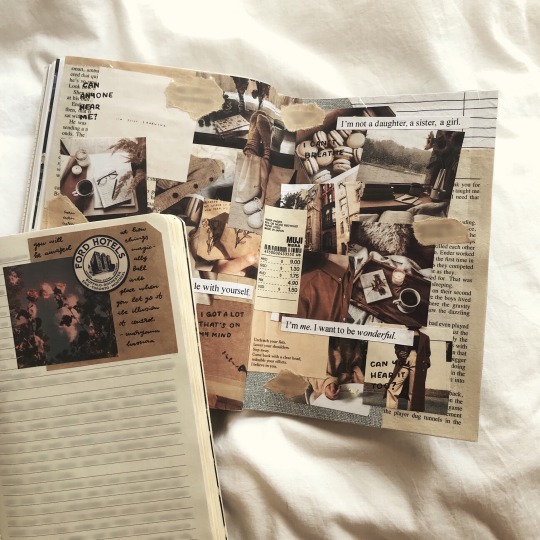
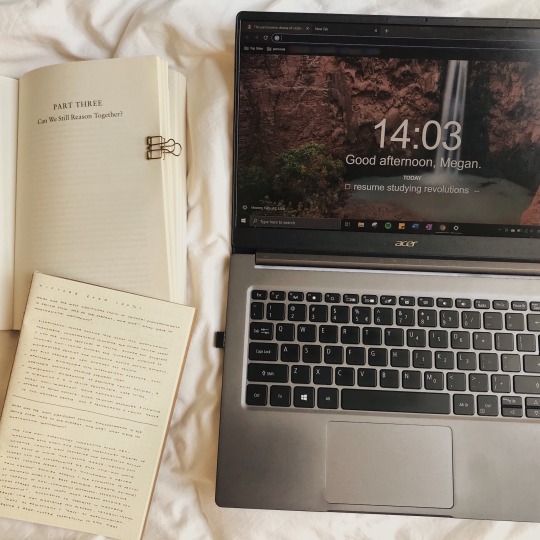
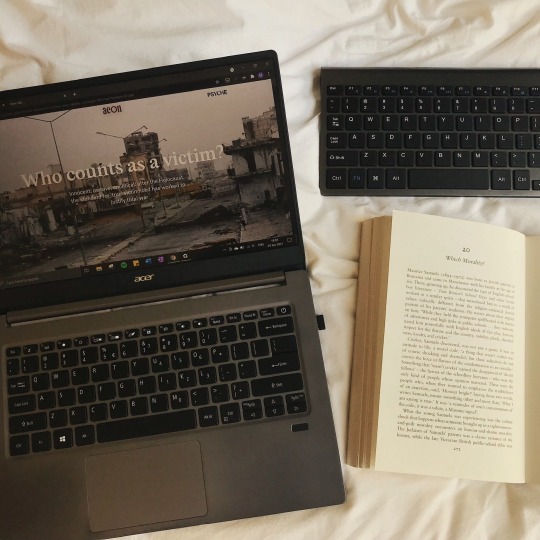

24.06.2021 // reading some essays and doing a little self-study this afternoon! i spent the morning reading my old journals from 2019 and wow 16 year old me was so dramatic
6K notes
·
View notes
Text
when Mary Shelley said, “Nothing is so painful to the human mind as a great and sudden change” and when Stephen Chbosky said, “Things change. And friends leave. Life doesn’t stop for anybody.”
585 notes
·
View notes
